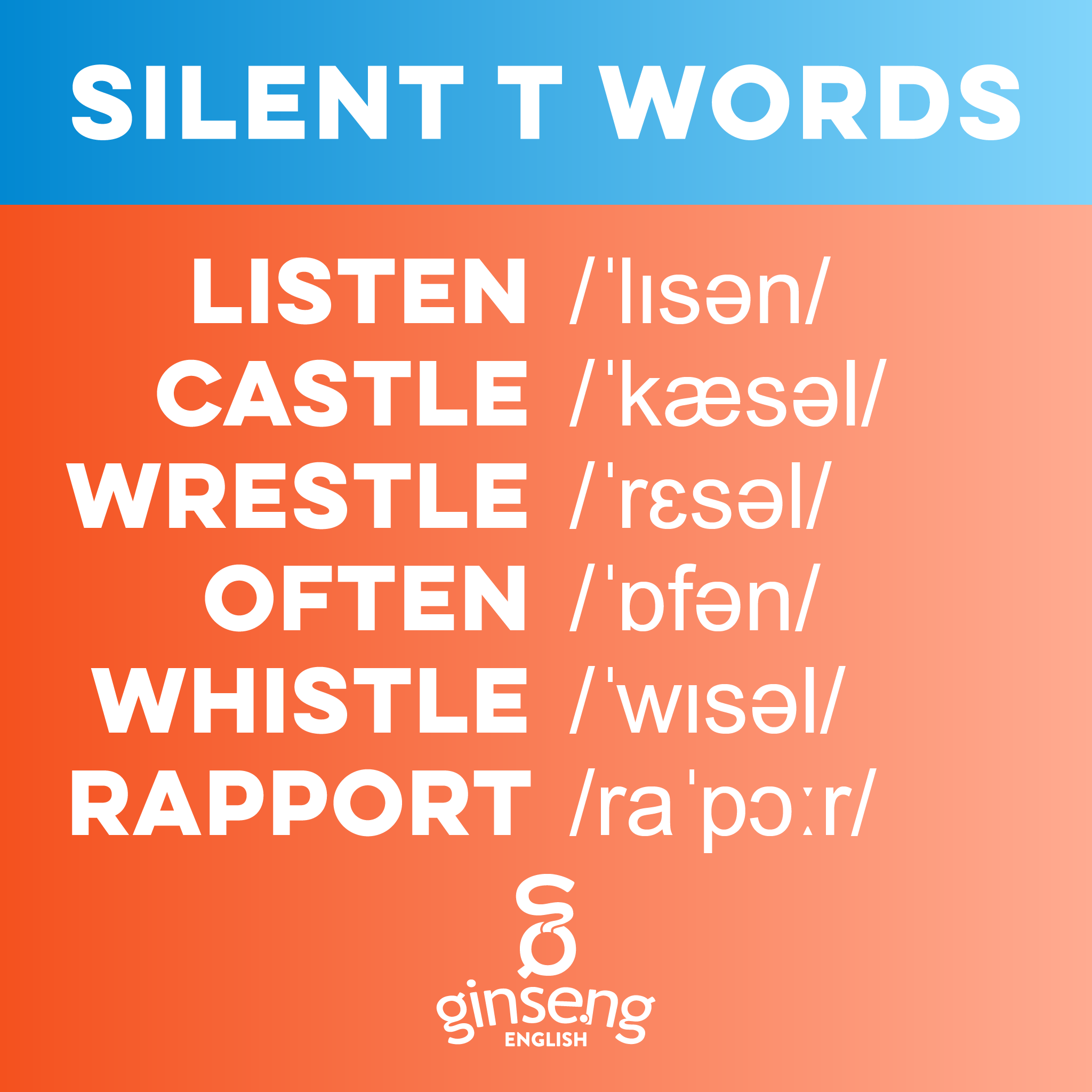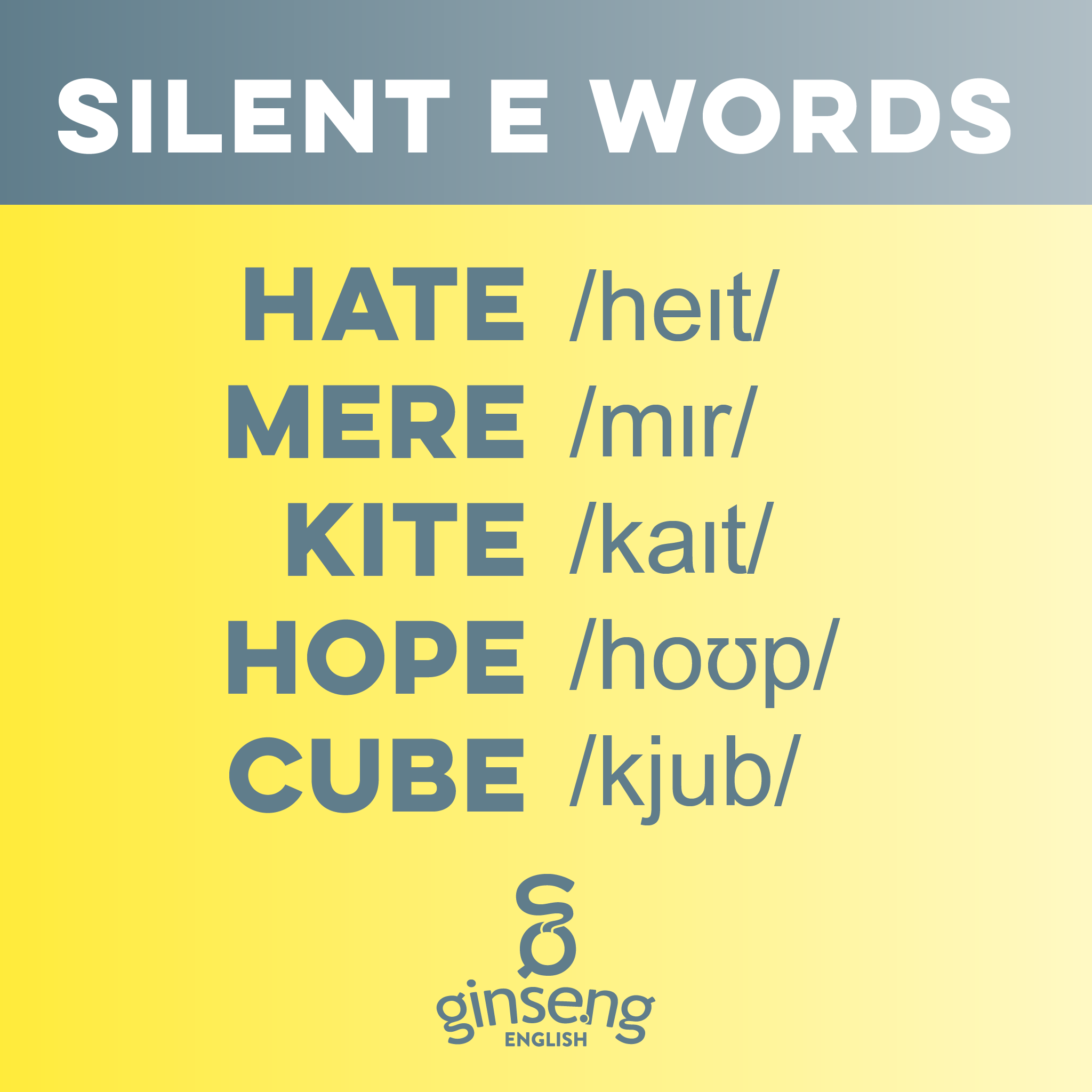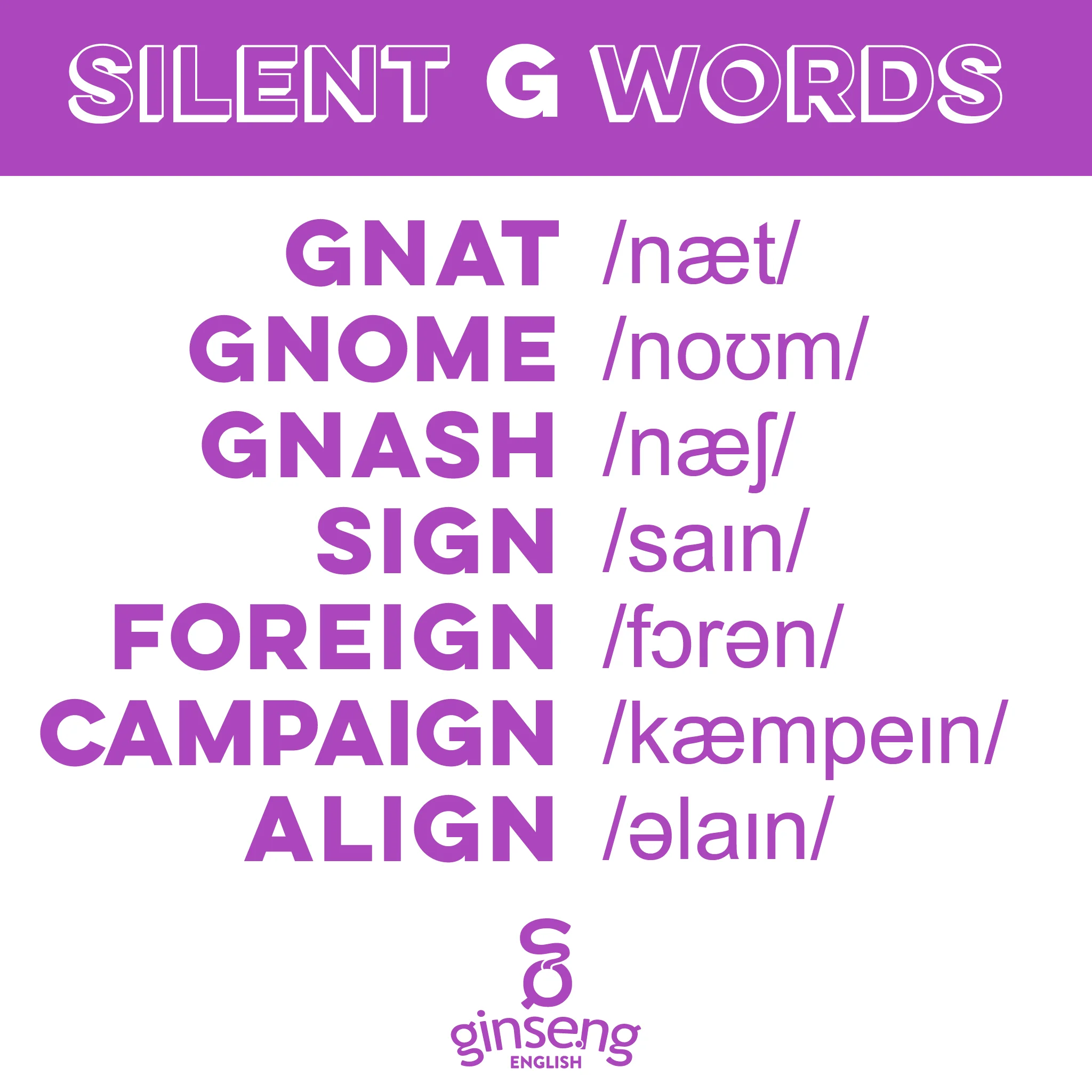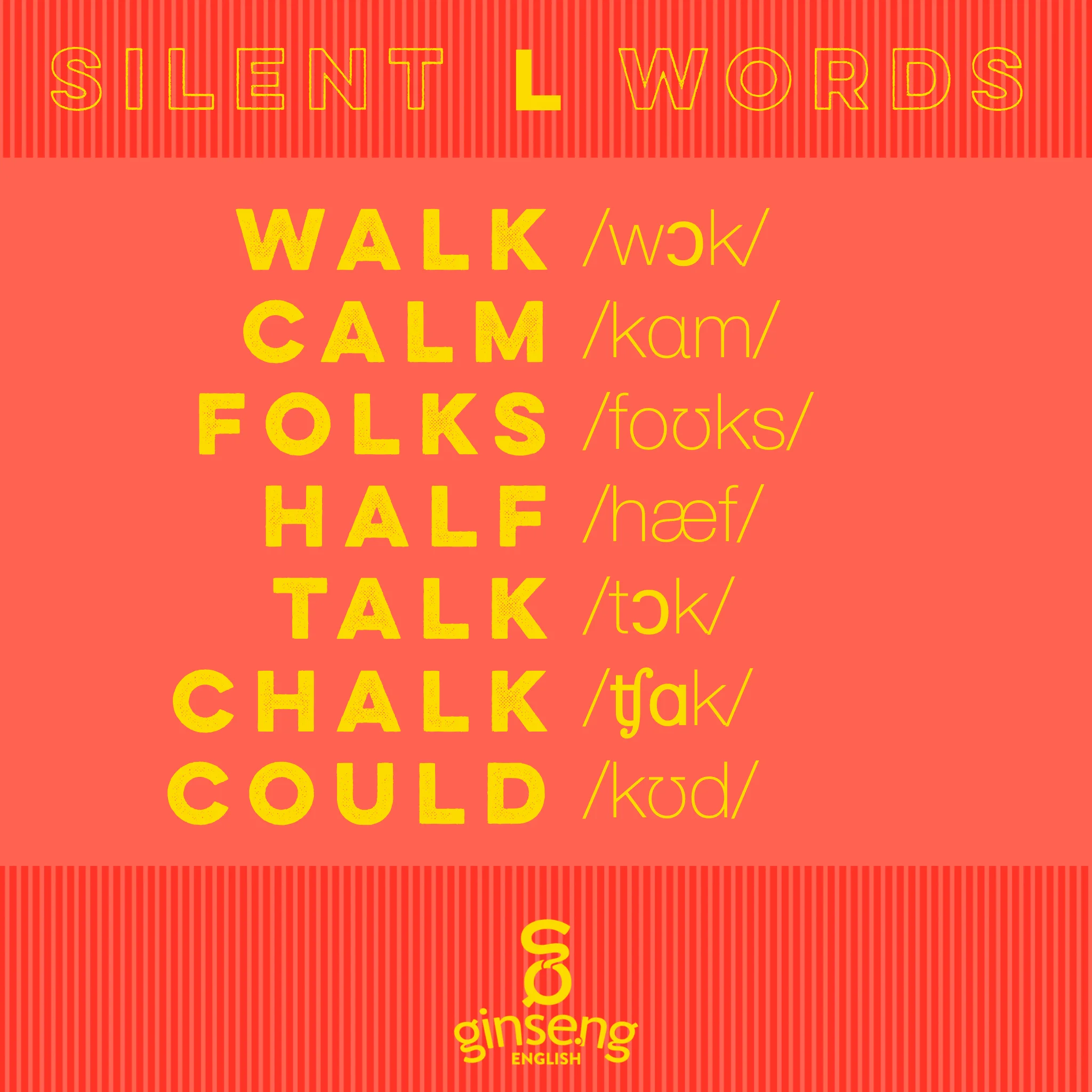Silent T words are tricky even for native speakers. It's not at all uncommon to hear native speakers pronounce the word often off-ten. There are a few simple patterns you can learn to make sure that you're keeping those silent Ts silent! Read on!
When Is T Silent?
The "rules" for silent T are these: if you see -STEN, -FTEN, or -STLE, you should assume that the T is silent.
A lot of other silent letters are silent at the beginning (like G and K) or end (like B and N) of words. Silent T is a little different. It usually becomes silent because it gets "sandwiched" between two other consonant sounds, and it's easier to say if you leave out that T, which requires a lot of effort.
Examples
The chart below contains a word list of over 20 examples of words with silent T. Are you pronouncing them all correctly?
| Word | IPA | PoS | Definition |
|---|---|---|---|
| listen | /ˈlɪsən/ | v. | to pay attention to sound |
| fasten | /ˈfæsən/ | v. | to connect |
| hasten | /ˈheɪsən/ | v. | to hurry |
| glisten | /ˈglɪsən/ | v. | to shine with wetness |
| moisten | /ˈmɔɪsən/ | v. | to make moist |
| christen | /ˈkrɪsən/ | v. | to make Christian or give a name |
| chasten | /ˈtʃeɪsən/ | v. | to moderate or restrict in behavior |
| soften | /ˈsɒfən/ | v. | to make softer |
| often | /ˈɒfən/ | adv. | frequently |
| whistle | /ˈwɪsəl/ | v. | blow air through the lips to make sound |
| thistle | /ˈθɪsəl/ | n. | a common prickly plant |
| castle | /ˈkæsəl/ | n. | a large fortified medieval building |
| wrestle | /ˈrɛsəl/ | v. | to fight using grappling |
| nestle | /ˈnɛsəl/ | v. | lie comfortably within something |
| pestle | /ˈpɛsəl/ | n. | heavy tool for crushing food in a mortar |
| gristle | /ˈɡrɪsəl/ | n. | tough cartilage in meat |
| mortgage | /ˈmɔːrɡɪdʒ/ | n. | a contract to borrow money for a house |
| rapport | /raˈpɔːr/ | n. | a friendly relationship |
| gourmet | /ˈɡɔːrmeɪ/ | adj. | of a refined taste in food |
| ballet | /ˈbæleɪ/ | n. | an artistic dance form |





